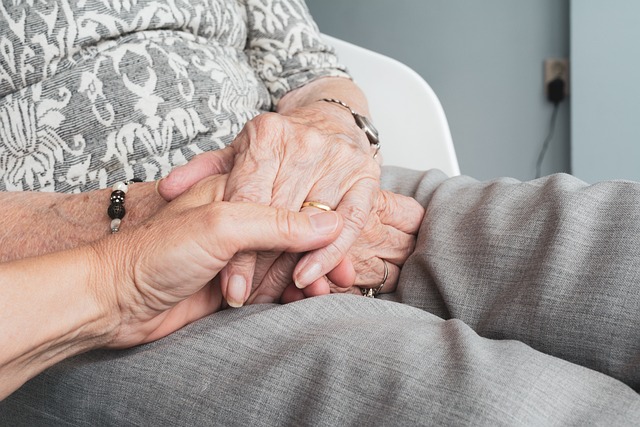Signs Your Aging Parent Needs In-Home Care
How can you tell if an aging parent has reached the point where in-home care is needed?
Seniors now live longer because of ongoing preventative care, in-home care, and urgent care. That’s a significant development. But as people age, they can experience more health issues, mobility issues, and challenges completing everyday tasks. Some seniors will have to sacrifice their independence by moving into assisted living centers and nursing homes where care will be provided. Meanwhile, others won’t want to leave the homes they’ve lived in for years or decades. They may have raised families in these homes and had so many good memories there.
If your aging mother or father needs help but doesn’t want to sell their home and move into a facility where they’ll have to give up their independence, you’ll have a challenge on your hands. But things will be easier if you find the right home care service provider to help them.
But what signs should you be looking for to know when in-home care is necessary? Continue reading to see how you can tell if the time has come for in-home care.
Differences in Appearance and Demeanor
If you notice a drastic change in an aging loved one’s appearance and demeanor, take notice. Perhaps the person used to have impeccable personal hygiene, maintain a healthy weight, and wear clean and well-coordinated outfits. Do you see changes that don’t seem right? Also, be on the lookout for any personality changes. If your once extraverted aging loved one has become withdrawn or has sudden mood swings, that’s another sign that intervention might be needed.
Changes of these sorts might suggest that your elderly loved one’s functional capacities are starting to diminish. By all means, speak to them and try to get to the bottom of things. But understand that differences in appearance and demeanor may suggest home care is necessary.
Some elderly people want to stay in their homes for as long as possible. Fortunately, there are options available to help them do just that. Maybe your elderly parent is worried about having just anybody come into their home to provide care. If that’s an issue — and it should be — there are options available so people can choose who provides their care.
And, as is the case for one service provider serving residents in New York, Nevada, Missouri, and Pennsylvania, the caregivers get paid instantly after their shifts. So, your aging parent can hand-pick the service provider, and the service provider will receive prompt pay after a shift.
Difficulty Doing Normal Day-to-Day Tasks
Is your aging relative having trouble performing regular day-to-day tasks by themselves? If so, that’s a telltale sign that home care is necessary. You should be able to identify if your aging loved one is having difficulty with duties like brushing teeth, combing hair, taking baths or showers, or even sweeping or vacuuming. It’ll make sense to get in-home care. And if you can work with an agency that allows the patient to choose the caregiver, perhaps a family member or close friend, the patient may be more open to asking for and receiving assistance.
Memory Issues
Do you find that your aging loved one is becoming more forgetful? If your elderly parent is missing appointments, forgetting to pay bills, forgetting to take essential medication, or otherwise demonstrating cognitive decline to some extent, consider getting in-home care. It can be dangerous for someone who is becoming increasingly forgetful to lack oversight. What happens if the person puts a pot on the stove to cook supper and forgets all about it? You can avoid any dangerous scenarios by ensuring that an appropriate level of care is provided.
If your aging loved one is exhibiting any of these signs, you must take action. Speak with the person, let them know you care, and work with them to find the best option. It’s normal for people to want to hold onto their independence. But sometimes, all they need is a little help. Finding the right provider of in-home services will allow your aging loved one to live well.
I’m a single mother of 2 living in Utah writing about startups, business, marketing, entrepreneurship, and health. I also write for Inc, Score, Manta, and Newsblaze

